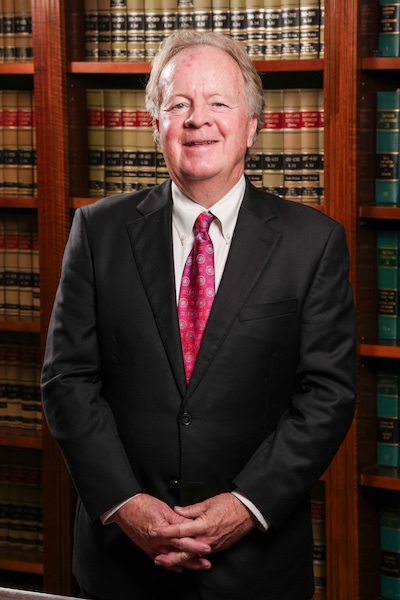With the increased use of ride share services such as Lyft and Uber, a new level of complexity has been added to the realm of determining what amount of coverage is available to car crash victims.
To be clear a cursory review of the Lyft and Uber websites yields some confusing information. Consequently this piece is not intended to provide definitive legal advise but rather to raise some issues that readers should be cognizant of if they have the misfortune to be injured in an accident in which a ride share driver is involved.
A ride share vehicle operator is subject to different coverages depending upon a short list of variables which are : personal driving, app on seeking a rider and finally so-called ride in progress. The latter term describes when a Lyft or Uber driver actually has an app-generated passenger in their vehicle.
This seems simple enough but on closer examination it actually dramatically affects what amount of insurance is available and from which insurer or insurers.
So, for example, if a ride share driver causes an accident when they aren't using the app, then the insurance coverage a crash victim would turn to would be the ride share operator's personal policy. Many ride share operators drive their personal vehicles in service of Uber or Lyft and consequently they are required to have their own liablity insurance policies for when they aren't working.
The second category so-called app on waiting for a request, triggers a benefit of $50,000.00 per individual claim and $100,000.00 for all claims arising from an accident. This is more than Maryland's legally required coverage of $30,000.00 per claim and $60,000.00 per incident but is often insufficient.
If a crash victim in category two has a more serious injury they can look to their own uninsured/ underinsured coverage if it is greater than the $50,000.00/ $100,000.00 described above.
The final category when the ride share operator is driving an app-generated passenger provides coverage of $1,000,000.00 per incident.
The backdrop for analyzing this information necessarily includes the fact that Uber and Lyft don't want to be liable for their driver's negligence as they are multi-billion dollar companies built on the business model of keeping a substantial portion of their driver's earnings.
In the real world ride share drivers would be " employees' of Uber and Lyft but of course that would potentially threaten those companies when their drivers cause catastrophic multi-million dollar crashes. so there is a pretense that the drivers aren't employees.
The bottom line is that ride share crashes are unique and need to be carefully considered.

